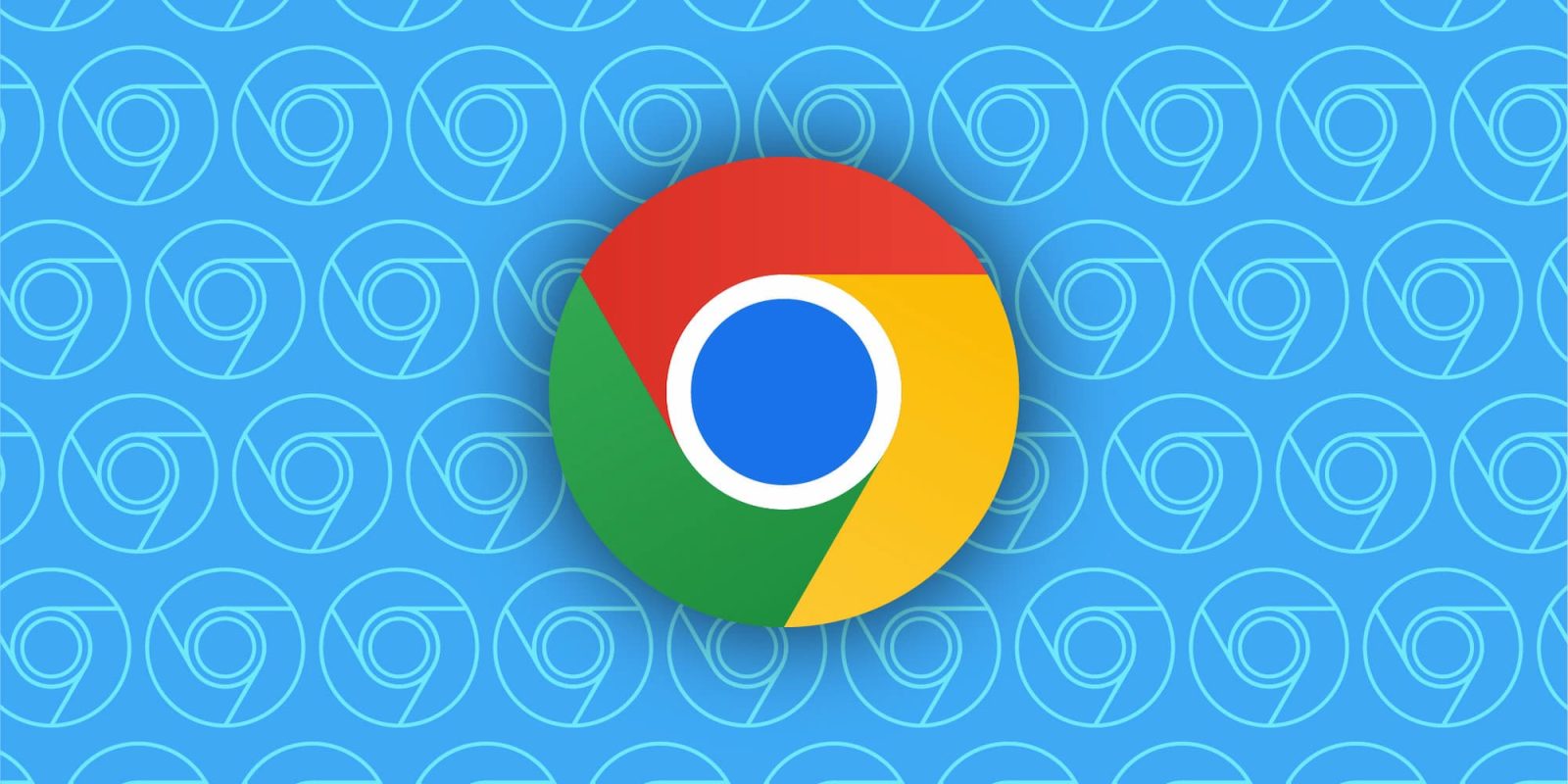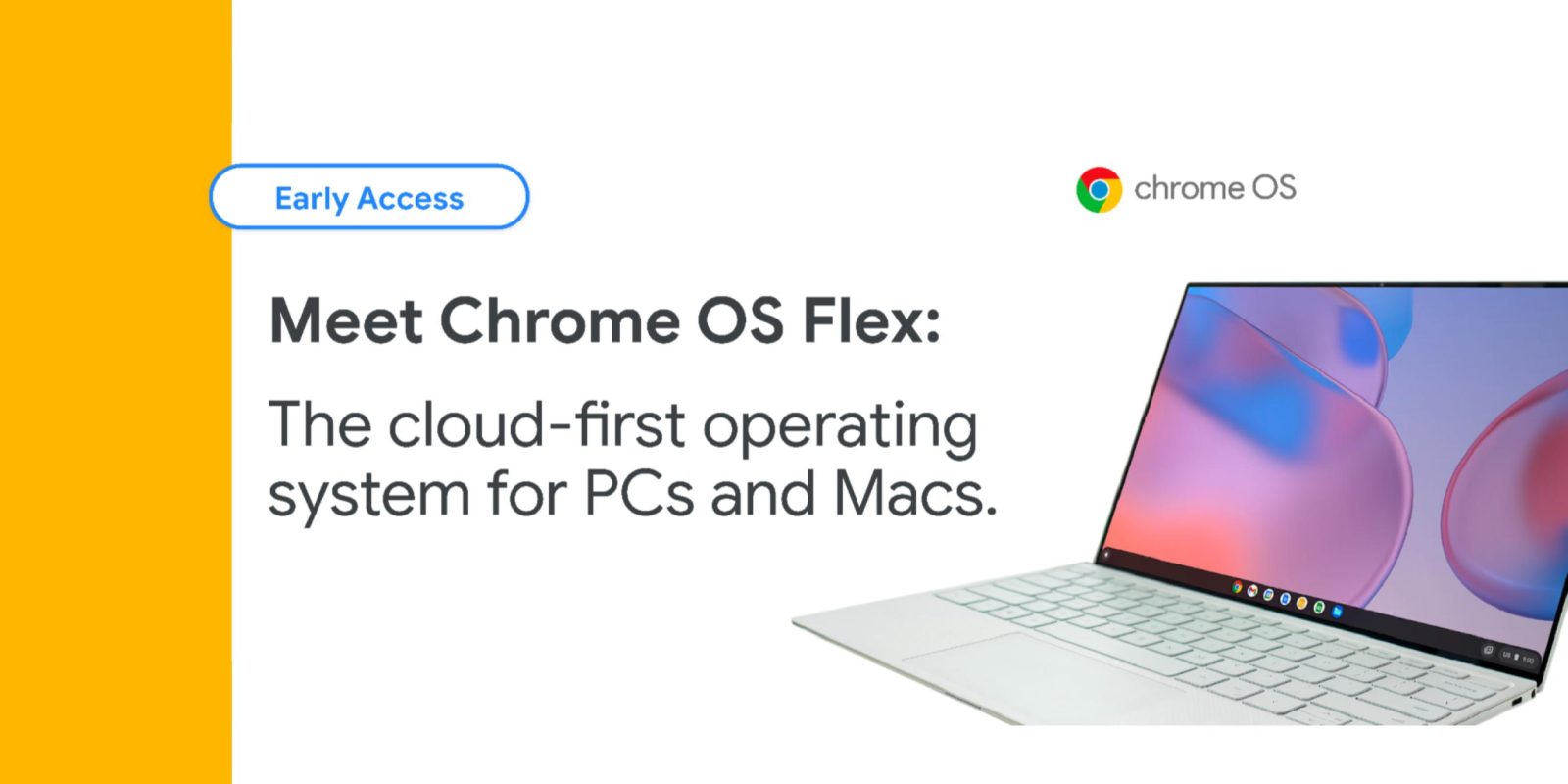
ChromeOS and desktop Chrome are getting a Reading Mode
At BETT 2023, Google previewed a handful of education features coming to Chromebooks this year. Notably, ChromeOS and the Chrome desktop browser are getting a Reading Mode.
Read More
At BETT 2023, Google previewed a handful of education features coming to Chromebooks this year. Notably, ChromeOS and the Chrome desktop browser are getting a Reading Mode.
Read More
In December of 2020, Google acquired a Chromium-based operating system that turns old PCs into Chromebook-like devices. CloudReady is now becoming “Chrome OS Flex” and is launching in early access today.
Read More

Shipments of Chromebooks outpaced Macs in the US for the first time in Q1 2016, that’s according to data from IDC shared during a session at Google’s I/O developer conference today.

Microsoft shifted its focus when it introduced the Surface Pro 3 last year to target both the iPad and the MacBook, but today the company announced a more consumer level iPad-like version of its tablet simply called the Surface 3 with the same $499 starting price as the iPad Air 2.
Google also unveiled a collection of new competitively priced hardware including new Chromebooks and a Chromebit HDMI running Chrome OS for under $100 …
Expand
Expanding
Close


Apple and Google are clearly the two front-runners competing for market share in the mobile world, which is why it’s no surprise we think of iOS and Android when we think of apps. With the growth of the smartphone industry also came the resurgence of native apps (thanks largely in part to Apple’s App Store which still dominates the space). However, Mozilla hopes that web apps will soon mature to provide a comparable experience for end users and an even better alternative for developers.
“We are aiming at providing all the necessary APIs to build a basic HTML5 phone experience within the next 3-6 months”
While Chrome OS has shown promise, it isn’t the only browser-based platform planning on entering the web app space… If Mozilla has its way, developers can use the results of their new WebAPI project to build an “HTML5 phone experience” that’s compatible across all operating systems (whether it’s Android, iOS, Windows Phone, etc).
A report from CNET claims Mozilla has plans for the APIs to “interact with a phone’s dialler, address book, contacts list, and camera”, essentially giving you access to the same functionality of native apps but directly in your device’s browser.
The WebAPI project certainly isn’t trying to create a full-blown operating system. However, working hand in hand with Mozilla’s Boot to Gecko project, which aims to build a “complete, standalone operating system for the web”, it could create a potentially compelling alternative to Google’s browser-based Chrome OS.
It appears that Mozilla is serious about the project, as a report from CNET claims they’re in the process of hiring full time programmers and plan to have the basics in place by February…
Expand
Expanding
Close